This year’s list for Fiction Uncovered (now the Jerwood Fiction Uncovered Prize has been announced. The judges – writer Matt Haig; journalist Arifa Akbar; Greg Eden of Waterstones; Sam Jordison of Galley Beggar Press; and Julia Wharton of the Jerwood Charitable Foundation – selected eight novels by established British writers. I had a preview of the winning titles, and have read most of them; so let me give you a run-down…
Ben Brooks, Lolito (Canongate)
We start with one of the two books I haven’t read. Ben Brooks is the youngest author on the list, at age 22. Lolito is the story of a teenage boy who goes to meet in reali life an older woman whom he first encountered online.
Bernardine Evaristo, Mr Loverman (Penguin)
The tale of septuagenarian Barrington Walker, who’s in a secret relationship with his old friend Maurice. I reviewed Mr Loverman on the blog last year.
Lesley Glaister, Little Egypt (Salt)
I reviewed an earlier book of Lesley Glaister‘s, Nina Todd Has Gone, for Laura Hird’s website back in 2009 (you can read the review here via the Wayback Machine). Little Egypt concerns the secrets of two Egyptologists and their children; I’ve reviewed it for the Fiction Uncovered website.
Cynan Jones, The Dig (Granta)
I’ve previously reviewed Cynan Jones’s novel Everything I Found on the Beach; like that book, The Dig is a short, stark character study. It focuses principally on two characters: Daniel, a sheep farmer somewhere in Wales, who’s trying to cope with the loss of his partner; and “the big man”, who clears farms of rats and tops up his income with badger-baiting.
The Dig is an intensely physical and visceral book. Daniel is preoccupied with the processes of his farm; there’s a sense throughout that this is a kind of ritualistic displacement activity. The big man carries on his badger digging in the knowledge that he’s only a step or two ahead of the police. Jones describes the activities of both men in vivid detail, because that is what’s important to his characters. The resulting novel is unflinching and powerful.
Gareth R. Roberts, Whatever Happened to Billy Parks? (The Friday Project)
Appropriately enough for the season, Gareth Roberts’s second novel is about football. Billy Parks was a star player left on the bench when England failed to qualify for the World Cup in 1973. Forty years on, he’s an alcoholic (though he won’t admit that to himself), estranged from his daughter, and getting by on tales of his glory days. But now Billy finds out that “the Service” has given Alf Ramsey and his colleagues on the Council of Football Immortals the chance to relive ten minutes of that fateful match. Sir Alf will be able to choose someone else to go on the pitch; that could be Billy, if he can pull himself together long enough to prove his worth.
I have to say: I’m not a great fan of football, but I really enjoyed this book all the same. I don’t need to like football to engage with a novel about it; I just need the novel to make me understand what it means to the characters, and Roberts absolutely does that. For the young Billy Parks, playing football is the thing that comes naturally to him, the thing that can help him transcend his circumstances; time and again in the novel, we feel how vital this is.
I was expecting Whatever Happened to Billy Parks? to be mostly a romp, and it does have its fair share of amusing moments. But it’s also bittersweet, with a real gravitas: Billy never really appreciates how deeply his father was scarred by his experiences building railways in Burma, nor how much his mother depended on him. It’s the cutting reality of Billy’s personal life, set against the headiness of his success on the pitch, that gives Roberts’s novel its power.
Naomi Wood, Mrs. Hemingway (Picador)
I’ve already reviewed Naomi Wood‘s novel about Hemingway’s wives, here. It’s still one of the highlights of my reading year so far.
Gerard Woodward, Vanishing (Picador)
This is another one I haven’t read, but I gather that its protagonist is an artist and camouflage officer in World War Two – and an unreliable narrator.
Evie Wyld, All the Birds, Singing (Jonathan Cape)
Finally, one of my favourite books from last year, the tale of a woman who;s run away from the past only to find that the present may be under threat.
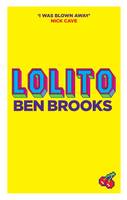
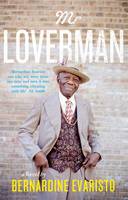
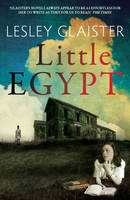
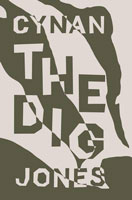
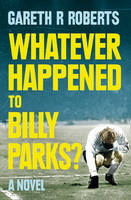
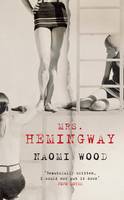
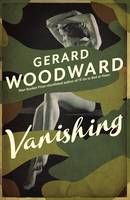
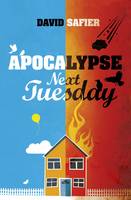
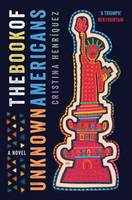


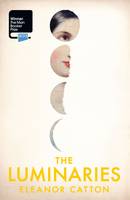



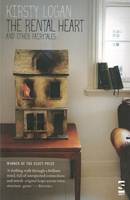
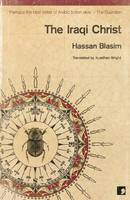
Recent Comments